Household aluminum foil is a versatile and versatile material used in daily life and can be used for a variety of purposes including food packaging, cooking and preservation.
The foil ya kaya specifications that Huawei Alloy can provide are as follows:
Aloi: The most common alloys used for household aluminum foil are 8011 au 1235. These alloys were chosen for their food safety properties, strength and flexibility.
Hali: Household aluminum foil is usually in the annealed (laini) hali. This allows it to be easily bent and shaped to suit a variety of uses.
Unene: Household aluminum foil comes in a variety of thicknesses, kawaida kuanzia 0.009 kwa 0.02 mm (9 kwa 20 mikroni). The choice of thickness depends on the intended application, with thinner foils typically used for packaging and thicker foils used for cooking or lining pots.
Upana: Household aluminum foil rolls can vary in width, with common widths ranging from 12 inchi (takriban 30 sentimita) kwa 24 inchi (takriban 60 sentimita). Width may also vary based on regional standards.
Urefu: Standard household aluminum foil rolls can also vary in length. It is typically sold in rolls of 25 kwa 200 miguu (kuhusu 7.6 kwa 61 mita). Some manufacturers may offer longer rolls for commercial or industrial applications.
Core Diameter: The core diameter of foil rolls varies, but is typically 1 kwa 3 inchi (2.54 kwa 7.62 sentimita) in diameter. This allows the roll to fit onto a standard kitchen foil dispenser.
Finish: Household aluminum foil is usually glossy on one side and matte on the other. When packaging, the bright side is usually used to face the food or contents because it reflects heat and provides better insulation.
Ufungaji: Household aluminum foil is typically packaged in individual rolls in cardboard boxes and comes with a metal blade for easy dispensing. It’s also available in pre-sliced or pop-out foil form for added convenience.
Certifications: High-quality household aluminum foil may come with certifications, such as FDA-approved foil for use in contact with food, to ensure it meets safety and quality standards.
Strength and Puncture Resistance: Household aluminum foil should be strong enough to withstand tears or punctures, ensuring it can safely contain and protect food.
Upinzani wa joto: Household aluminum foil should be able to withstand the heat of an oven (usually up to 450°F or 232°C) without melting or degrading.
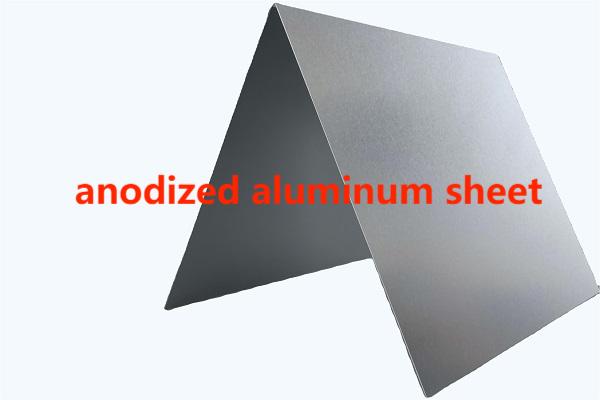
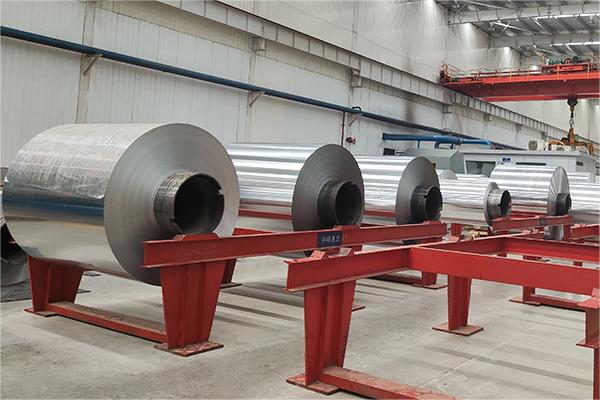
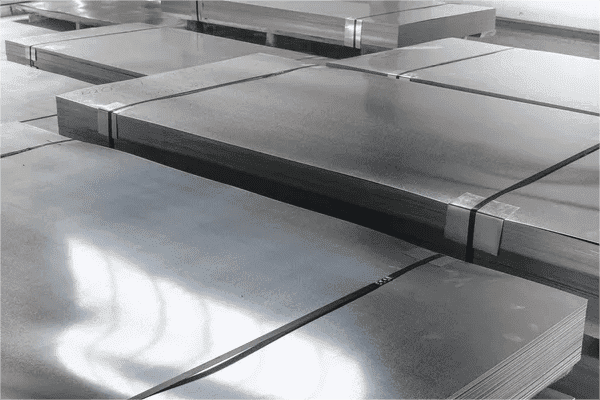
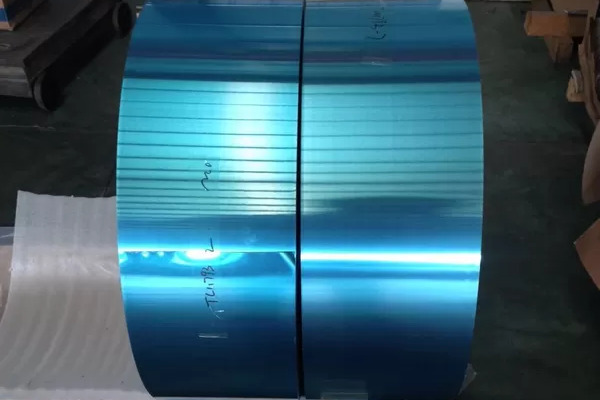
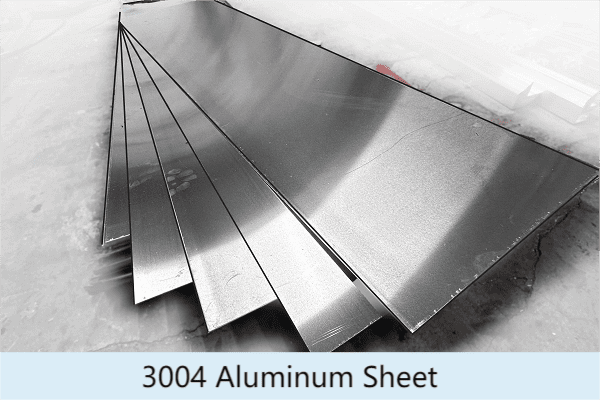
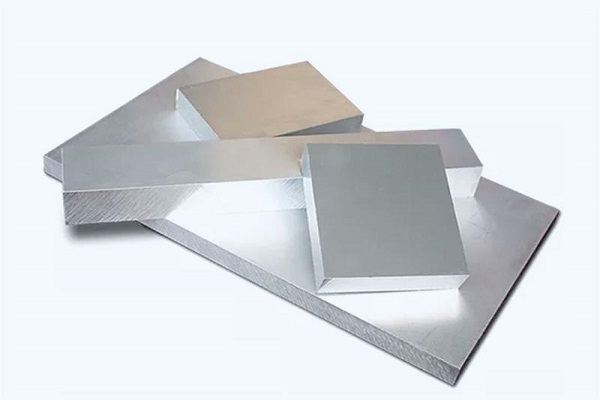
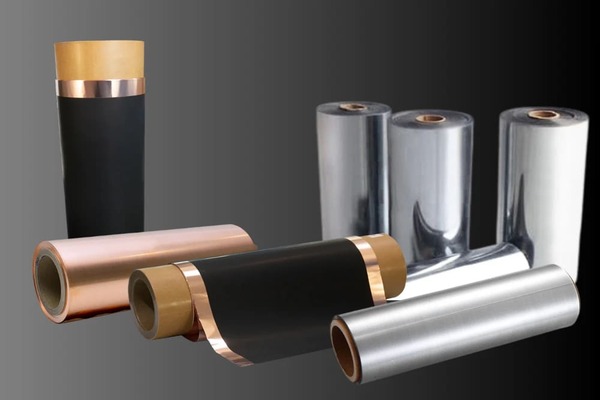
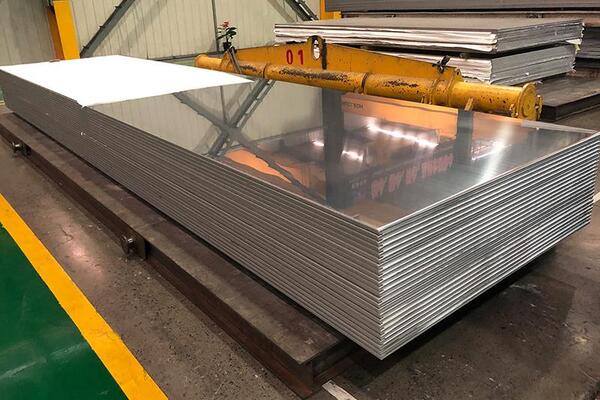
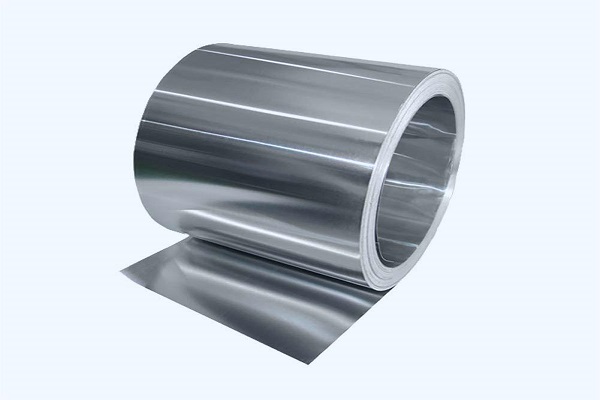
Acha Jibu